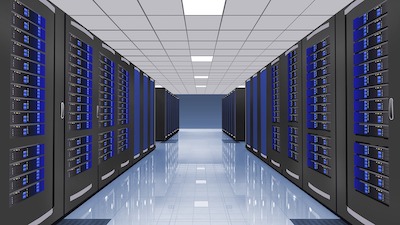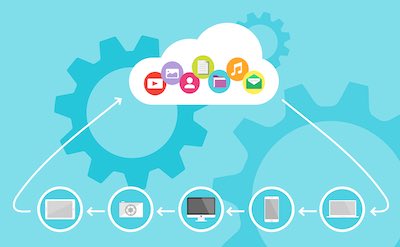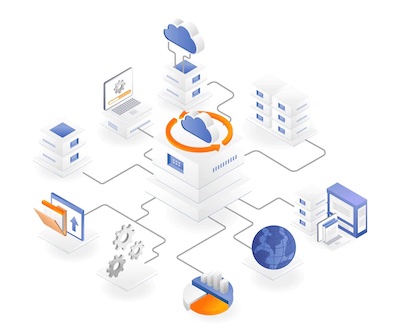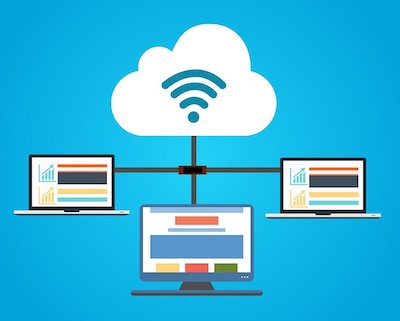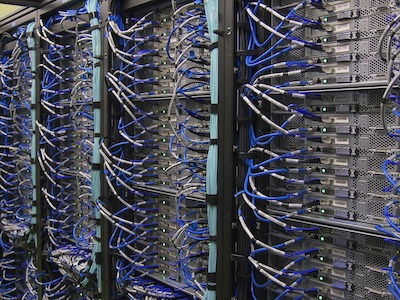 Cloud servers have been rapidly transforming the way we approach modern computing. From businesses to individuals, cloud servers have changed the landscape of computing in a myriad of ways. In this article, we'll explore how cloud servers are changing modern computing and how they are shaping the future of technology.
Cloud servers have been rapidly transforming the way we approach modern computing. From businesses to individuals, cloud servers have changed the landscape of computing in a myriad of ways. In this article, we'll explore how cloud servers are changing modern computing and how they are shaping the future of technology.
Accessibility
One of the most significant ways cloud servers have changed modern computing is by increasing accessibility. With cloud servers, users can access computing resources from anywhere in the world, without needing to manage or maintain physical infrastructure. This allows for greater flexibility and mobility, as users can work from anywhere with an internet connection.
Cloud servers also make it easier for businesses to expand globally, as they can access computing resources from data centers around the world. This allows businesses to reach new customers and markets without needing to invest in physical infrastructure.
Scalability
Cloud servers have also made it easier for businesses to scale their computing resources quickly and easily. In traditional computing models, scaling up requires significant time and resources, such as purchasing and setting up new servers. With cloud servers, businesses can scale their computing resources up or down quickly and easily, based on their needs.
This scalability is especially important for businesses that experience spikes in traffic or demand. For example, an e-commerce site may experience a significant increase in traffic during the holiday season. With cloud servers, the site can quickly and easily scale up its computing resources to handle the increased traffic, without needing to invest in additional physical infrastructure.
Cost Savings
Cloud servers have also made computing more affordable for businesses and individuals. With traditional computing models, businesses must invest in physical infrastructure, such as servers and networking equipment. This can be expensive, especially for smaller businesses.
Cloud servers, on the other hand, are typically offered on a pay-as-you-go basis. Users only pay for the resources they use, which can be a more cost-effective option for businesses and individuals. Additionally, cloud servers eliminate the need for businesses to invest in and maintain physical infrastructure, which can save significant time and resources.
Security
Cloud servers have also improved the security of computing resources. With traditional computing models, businesses are responsible for securing their own physical infrastructure. This can be challenging, as physical infrastructure is vulnerable to theft and physical damage.
Cloud servers, on the other hand, are hosted in secure data centers and are managed by professionals who specialize in security. Cloud server providers typically offer a range of security features, such as encryption and access controls, to help protect data.
Collaboration
Cloud servers have also made it easier for teams to collaborate on projects. With cloud servers, team members can access and work on the same documents and files from anywhere in the world. This allows for greater collaboration and can improve productivity.
Cloud servers also make it easier to share data with external partners and stakeholders. For example, a business can share a file with a vendor or customer, without needing to physically send the file.
Artificial Intelligence and Machine Learning
Cloud servers are also transforming the field of artificial intelligence and machine learning. These technologies require significant computing power, which can be expensive to purchase and maintain.
Cloud servers, however, offer a cost-effective solution for businesses and researchers working with these technologies. Cloud servers allow for the quick and easy deployment of machine learning models, and can scale resources up or down based on the demands of the project.
Conclusion
Cloud servers have fundamentally changed the way we approach modern computing. From increased accessibility to improved security, cloud servers offer a wide range of benefits for businesses and individuals. As the technology continues to evolve, we can expect even more innovative uses of cloud servers in the years to come. By embracing cloud server technology, businesses and individuals can stay ahead of the curve and take advantage of the many benefits it offers.

